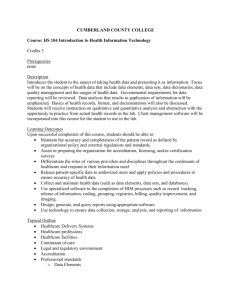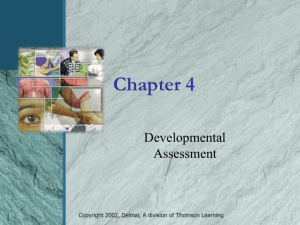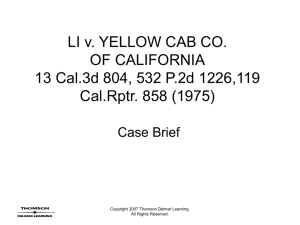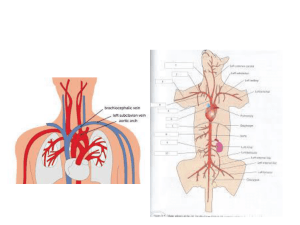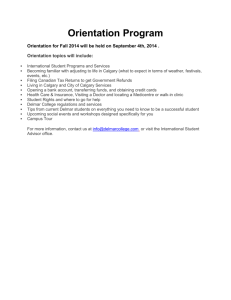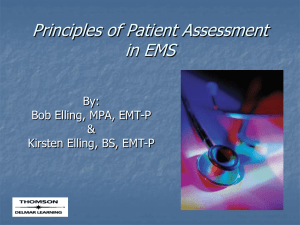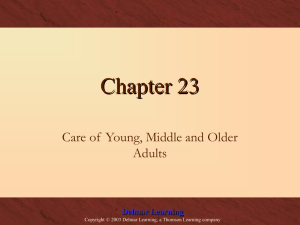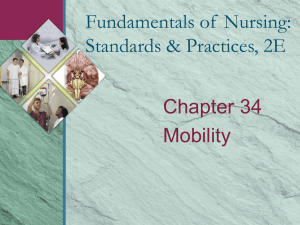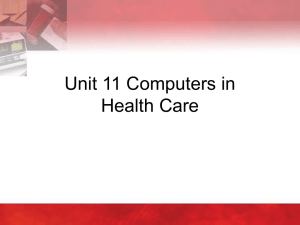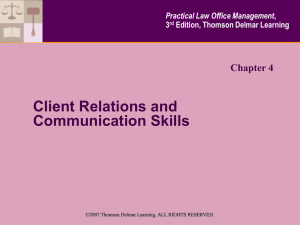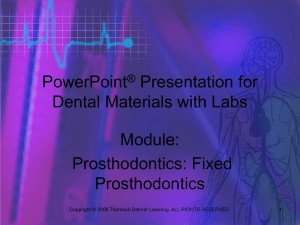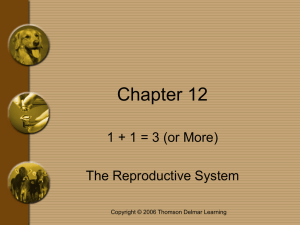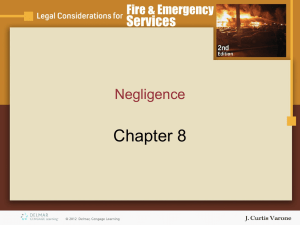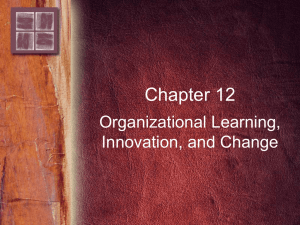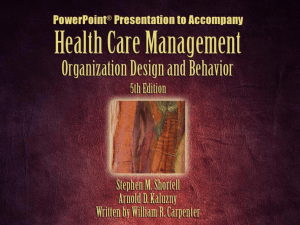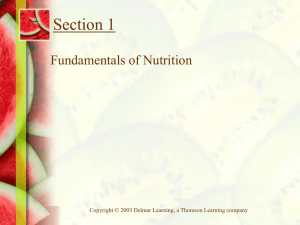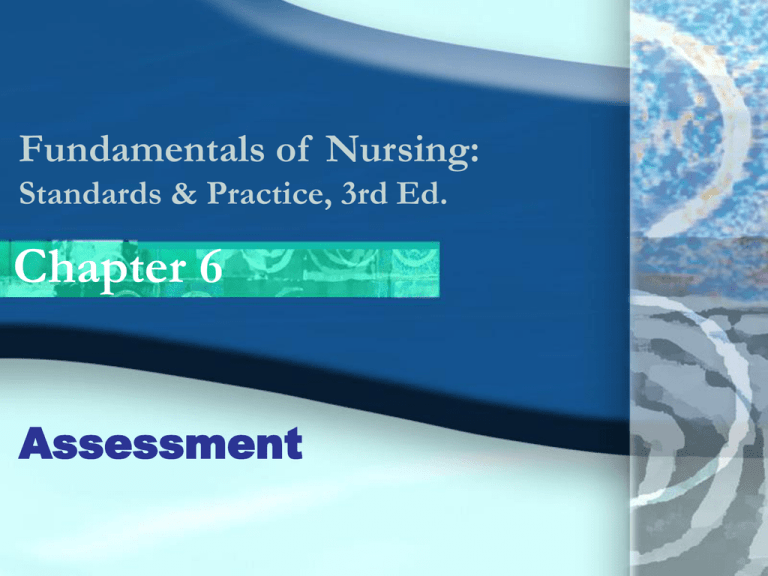
Fundamentals of Nursing:
Standards & Practice, 3rd Ed.
Chapter 6
Assessment
Assessment
First step in the nursing process
Data
• Collection
• Verification
• Organization
• Interpretation
• Documentation
© Copyright 2006 by Thomson Delmar Learning. All rights reserved.
6-2
Purpose of Assessment
Establish a database concerning a
client’s physical, psychosocial, and
emotional health
Identify health-promoting behaviors as
well as actual or potential health
problems
© Copyright 2006 by Thomson Delmar Learning. All rights reserved.
6-3
Types of Assessment
Comprehensive
Focused
Ongoing
© Copyright 2006 by Thomson Delmar Learning. All rights reserved.
6-4
Data Collection
Types of data
• Subjective
• Objective
(continues)
© Copyright 2006 by Thomson Delmar Learning. All rights reserved.
6-5
Data Collection
Sources of data
• Client
• Family and significant others
• Other health care professionals
• Medical records
• Interdisciplinary activities
• Diagnostic tests
• Literature
© Copyright 2006 by Thomson Delmar Learning. All rights reserved.
6-6
Data Collection Methods
Observation
Interview
• Preparation
• Stages
• Introduction
• Working
• Closure
Health history
Physical
examination
Laboratory and
diagnostic data
© Copyright 2006 by Thomson Delmar Learning. All rights reserved.
6-7
Health History
Demographics
Reason for seeking health care
Perception of health status
Previous experiences
Client and family medical history
Immunizations and exposure to
communicable diseases
(continues)
© Copyright 2006 by Thomson Delmar Learning. All rights reserved.
6-8
Health History
Allergies
Current medications
Developmental level
Psychosocial history
Sociocultural history
Activities of daily living
Review of systems
© Copyright 2006 by Thomson Delmar Learning. All rights reserved.
6-9
Physical Examination
Purpose: to make direct observations
and to validate subjective data
Assessment techniques
• Inspection
• Palpation
• Percussion
• Auscultation
© Copyright 2006 by Thomson Delmar Learning. All rights reserved.
6-10
Data Verification
Process by which data are validated as
complete and accurate
Examination of congruence between
subjective and objective data
Findings should be compared with
norms.
© Copyright 2006 by Thomson Delmar Learning. All rights reserved.
6-11
Data Organization
Data clustering
• Follows data collection and validation
• Information is grouped together
• Identifies strengths and weaknesses
How data are clustered depends on the
assessment model used
© Copyright 2006 by Thomson Delmar Learning. All rights reserved.
6-12
Nursing Assessment Models
Functional health patterns
Human response pattern
Theory of self-care
Roy adaptation model
© Copyright 2006 by Thomson Delmar Learning. All rights reserved.
6-13
Nonnursing Assessment Models
Body systems model
Maslow’s hierarchy of needs
© Copyright 2006 by Thomson Delmar Learning. All rights reserved.
6-14
Data Interpretation
Examination of information
Make information meaningful
Correct determination of client
problems
© Copyright 2006 by Thomson Delmar Learning. All rights reserved.
6-15
Data Documentation
Types of assessment formats
• Open-ended
• Checklist
• Combination
• Specialty
• Minimum data set (MDS)
© Copyright 2006 by Thomson Delmar Learning. All rights reserved.
6-16


